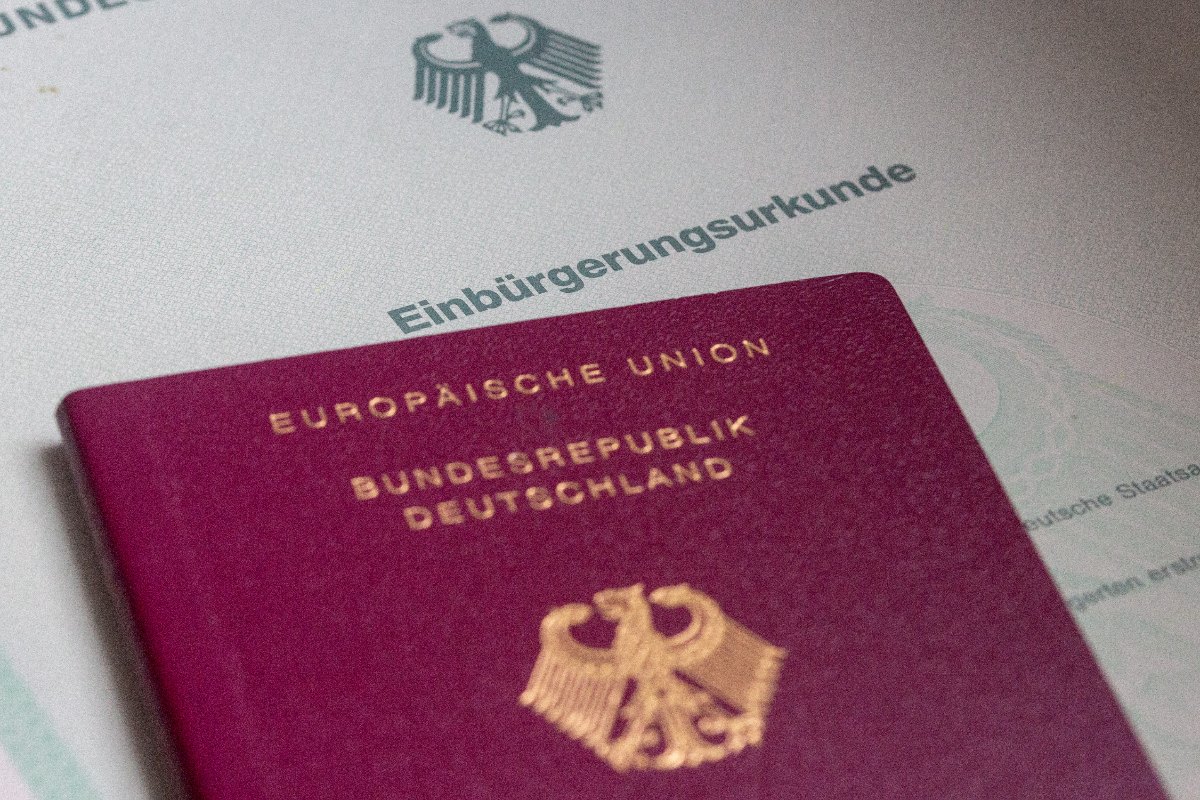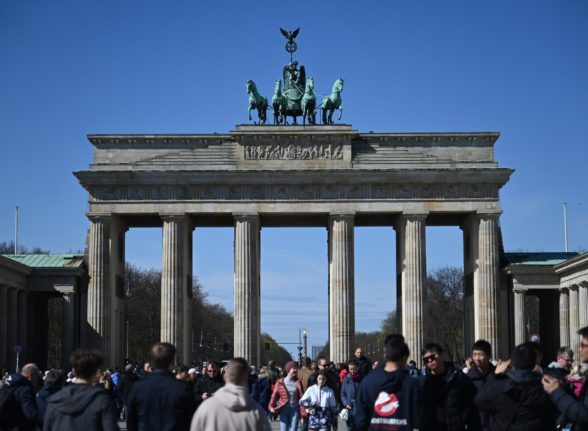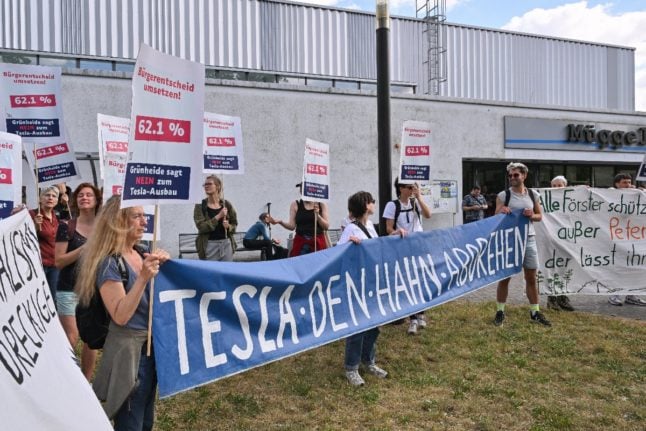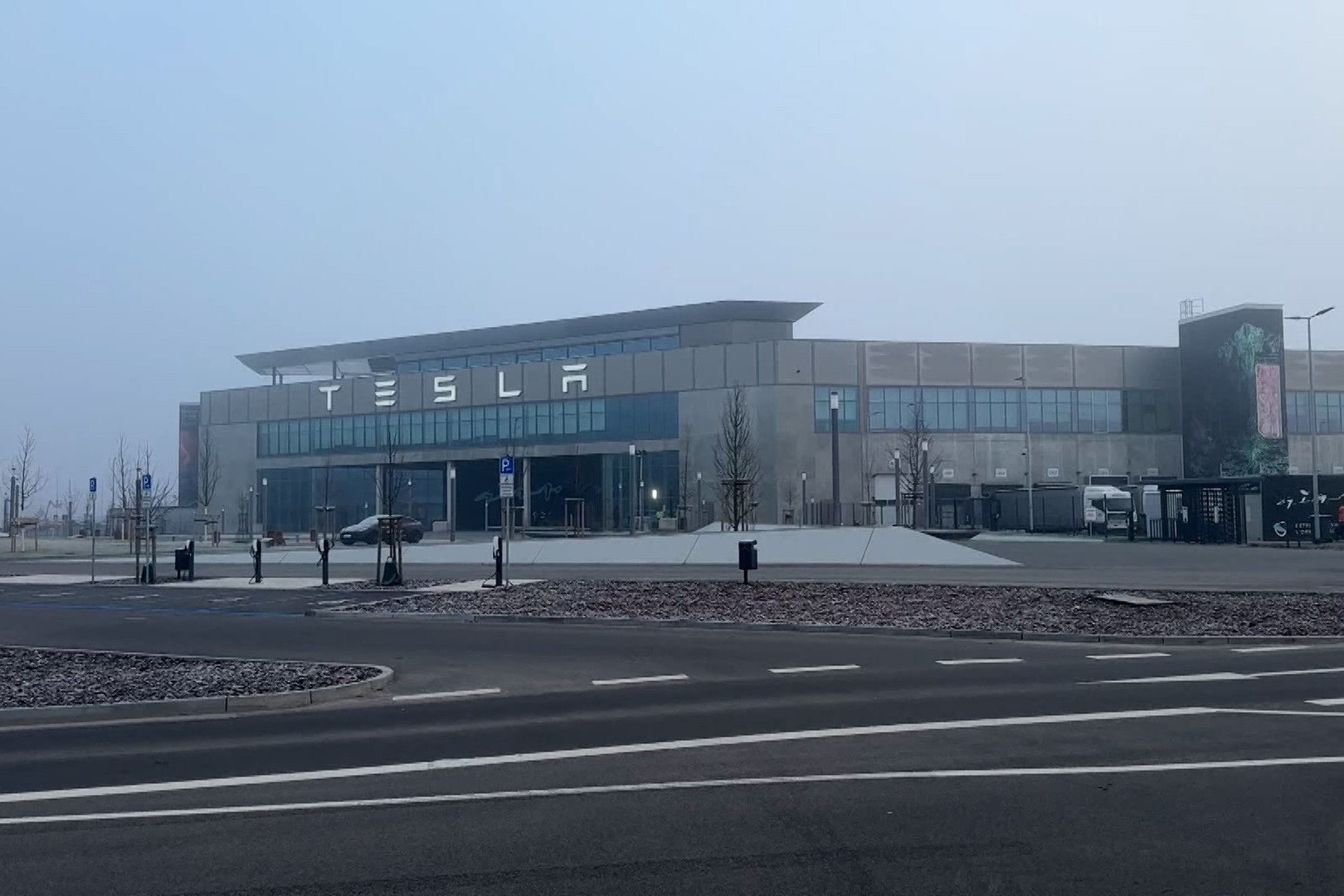After clocking up several years of residence in Germany, a language certificate and a citizenship test, you might think you’re well on the way to getting German citizenship.
But in Berlin – and some other German cities – you will face another big hurdle: long waiting times for your application to be processed.
Despite the city state of Berlin opening a new centralised immigration office at the start of the year and making the process digital, long waits are expected to remain – at least for now.
Many applicants are having to wait around two years to get their hands on a naturalisation certificate.
READ ALSO: How fast will Berlin’s new citizenship office process applications?
‘Possibilities are limited’
Due to the delays, some people are turning to the law to try and speed things along.
Sven Hasse, an immigration lawyer based in Berlin, told The Local’s Germany in Focus podcast that he’s been receiving a lot of requests to file lawsuits against the authorities.
Hasse said in Berlin there’s “around 45,000 to 50,000 applications” that are waiting to be processed by around 210 caseworkers (compared to the previous 90 staff members).
“It is completely understandable that everyone wants to speed the process up,” said Hasse. “But the possibilities are limited.”
Hasse said an application cannot realistically be decided by authorities faster than six to eight months.
“But of course, it is not understandable that it takes 24 months as it might be in Berlin,” said Hasse.
Hasse said, however, that filing a lawsuit in the Administrative Court can “not really” guarantee an accelerated decision.
“There are three judges in Berlin who decide on citizenship lawsuits,” he said. “So three judges, 45,000 pending cases – it means if everyone filed a lawsuit, nothing is going to work faster.”

Hasse said he hopes the new system in Berlin will eventually speed things up – the authority foresees it will be able to deal with 20,000 applications a year – but an issue at the moment is transferring pending documents from last year to a digital format.
“I’m so honest, to tell my clients: we can try that (to file a lawsuit),” said Hasse. “But you have to know I can’t guarantee whether it is faster. And you have to know that the Administrative Court is going to charge the court fees, which are significant once you file the lawsuit. And of course, there are lawyer fees involved if you want a lawyer to do so.”
And then there’s the fact that the citizenship law is changing soon, which will mean many more people will qualify for citizenship, increasing the caseload for authorities throughout Germany.
READ ALSO: ‘It’ll take forever’: Applicants for German citizenship brace for long waits
‘Well prepared application’
Although a legal challenge may be the right route for some people, Hasse said the best chance to make the process as smooth as possible with few delays is to have the correct documents and know the procedure in the first place.
“The best way to speed the process up, I think, is to have a well prepared application,” he said.
“If the application is complete and everything is there, then it is easy for them (authorities) to check everything and just to decide.”
He said applications that prompt any questions could result in extra delays.
READ ALSO: What do I need to apply for German citizenship under the new law?
Hasse said reaching out to a lawyer before applying could be a good option for those with queries.
“If you have questions about the documents you need, if you can’t get a passport from your home country, if you want to discuss whether it is possible to apply together with a spouse, for example if the spouse does not fulfil the timing requirements now what are the possibilities, then it is maybe a good idea to discuss it in advance.
“And sometimes it is not really clear what the form wants to know. So of course it is it is in German, and it is a very specific language. Even if you have B2 or even C1 (fluent) language skills, a legal language is different.”
However, he added that the new online application system in Berlin is fairly straightforward and easy to understand.
Although the problems in Berlin have reached the extreme with tens of thousands of unprocessed documents, Hasse said other German authorities – especially those that haven’t gone digital – are seeing similar issues.
“I think Berlin is on a good way with the new digitalised system,” said Hasse. I have seen online application systems for naturalisation in Munich as well, and Hamburg implemented that as well.
“A lot of other authorities – they work paper-based and a lot of them insist on a personal appointment, and only then they hand out the forms.
“And there is sometimes a big queue. If you want to get an appointment, you have to wait for nine months or even 12 months before you can get an appointment to receive the forms – I think that is not reasonable.”




 Please whitelist us to continue reading.
Please whitelist us to continue reading.
Member comments